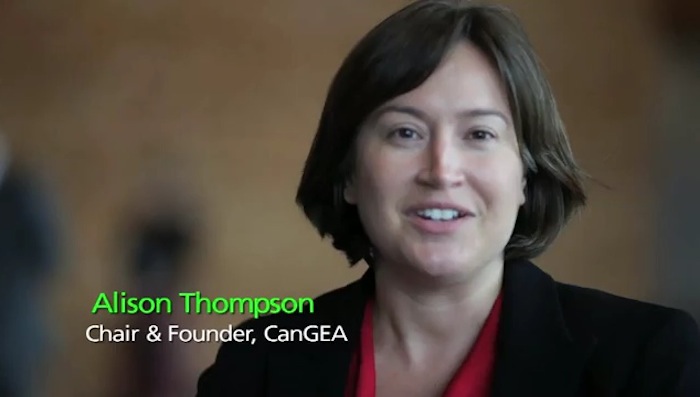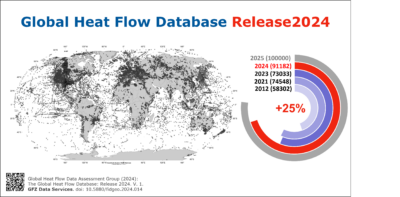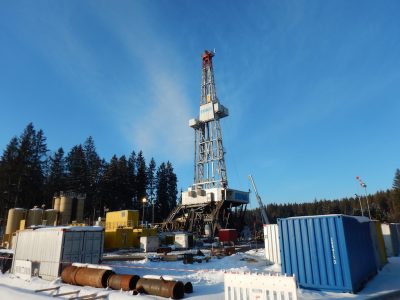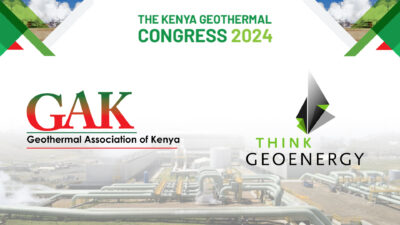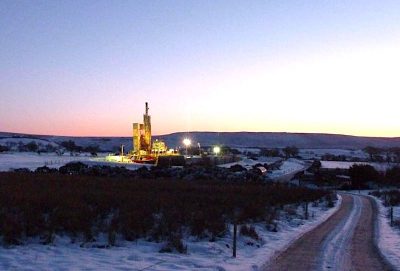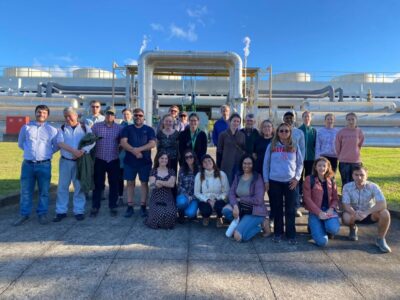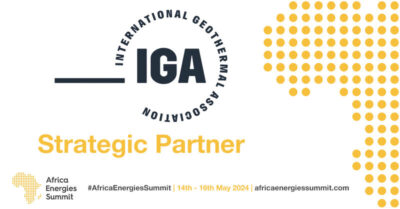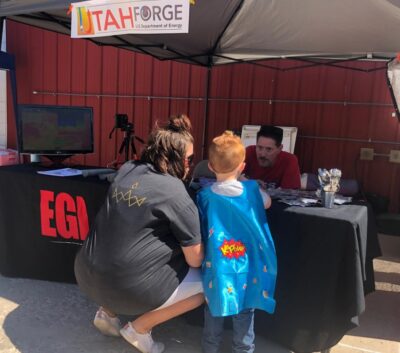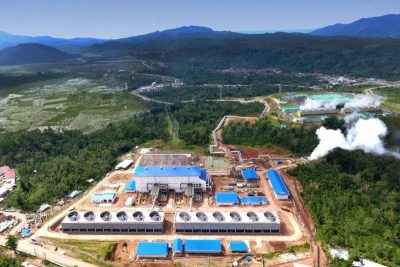Interview: Alison Thompson of CanGEA on Geothermal Awareness in Canada
In this interview, Alison Thompson of the Canadian Geothermal Energy Association talks with us on the geothermal opportunity in Canada and in particular the province of BC. She also talks about her step into politics in Alberta for the Canadian federal elections.
Over the past year or so we have been reporting on campaign by the Canadian Geothermal Energy Association (CanGEA) for geothermal being a valid alternative to a planned hydro power project in the province of British Columbia (BC).
So following those news and the decision to run for a political office by CanGEA’s Co-founder and Chairman, Alison Thompson we thought it would be a good idea hearing from her on these isues.
Geothermal energy has not seen much attention in the media over the years. The new proposed Site C hydro power project by BC Hydro seems to have been somewhat of a positive role in awareness raising for geothermal. How do you think this project has effected overall perception of geothermal energy in British Columbia (BC) or maybe even for the whole of Canada?
We’ve raised awareness and created a platform to talk about the difference between heat pumps and geothermal power, also direct use, and the different types of geological settings (Hot Sedimentary Aquifer and Volcanic).
Unfortunately, Canada is still last in the world for geothermal power. However, there are diverse jobs that can come out of deploying geothermal power and heat. Our industry’s baseline nature can also shore up transmission lines and save hundreds of millions in infrastructure expenses, by siting a geothermal plant strategically in a grid system.
What has been the position of CanGEA on this project and how do you see geothermal fit into the picture of the energy future in the province of BC?
Geothermal was wrongly eliminated as an option within a portfolio of alternative power sources (wind, solar, run of river, hydro expansions, etc.) to Site C. This was done due to a lack of study of the resource for the past 30 years. Twice, the Utility Commission and a Federal/Provincial Review Panel told BC Hydro to spend some dollars investigating geothermal. That was not being done, and CanGEA stepped in. The industry association is not going to let the perception that geothermal doesn’t work in the province continue. It is not reality and it has been convenient for the gov’t to have that perception perpetuate, instead of advancing the industry.
CanGEA has over the past year or so done a lot of public workshops. How important do you think these events have been for raising the awareness for geothermal in Canada?
Very important. We’ve had workshops with the mining, aerospace & defence, oil & gas, carbon capture and storage, and the direct use industry where we met with fish farm, greenhouse, hotspring and other users of “heat”.
We are targeting industry players and key influencers from all parts of the geothermal and related industries’ supply chain. We’ve excited a lot of people. Now we need the supportive political environment to get the industry off the ground.
What do you think would be needed to see the geothermal energy kick of in Canada?
A fair accounting of a project’s cost. In some cases, we think our power would be free or even have a negative price. Yes, I really said that. In areas of BC where a base-load geothermal power could be built, a more expensive transmission line can be eliminated.
We also need a recognition for our “externalities”. Like the fact that a geothermal power plant creates 11x more jobs than a similar sized natural gas fired power plant. Those jobs provide a larger tax base for the government. A CO2 credit for the emissions we avoid, or conversely, a penalty put on dirty sources, that would increase the cost of their power. A more appropriate royalty on coal. Right now in Alberta, the average price is only $2/tonne to rip up the ground, impact the watershed and more. That’s not a fair return to the government for the use of the citizen’s natural resources. Not to mention the CO2 emissions that come from burning the coal for power.
And the recognition that geothermal power plants can have heat sales which spur local entrepreneurial businesses. Local food, tourism, you name it. Geothermal is a community builder project.
The current oil price clearly has affected all oil producing countries and their oil & gas sectors. How has this affected Canada and in particular the oil sector in Alberta?
The drilling rig utilization has never been as low as it is now. Idle rigs mean less expensive drilling costs for geothermal wells. The geoscience and other parts of the exploration and development side of a geothermal projects are equally at industry low prices. This is a great time to have a geothermal energy strategy. End result would be a cleaner power and heat industry, and a whole lot of jobs created along the way. That’s a double positive whammy!
You have been a very outspoken advocate for geothermal energy in Canada for many many years. You have now announced running for a political post. Has this been a natural evolvement from your activities in and for the geothermal sector and what are your intentions?
I’ve been the counterparty to politicians for years while advocating on behalf of our industry. The reception under the current federal government, hasn’t been good. Politicians are just people. Some are more qualified for the job than others. I’ve gathered those qualifications through my role with CanGEA and now have the opportunity to advocate at a higher level for all renewable energy.
Comments:
To learn more about the geothermal opportunity in Canada, check out the website of the CanGEA at www.cangea.ca
For Alison Thomposon’s political campaign, see her personal website at: www.alisonthompson.ca
Disclaimer: the author is a board member at CanGEA
